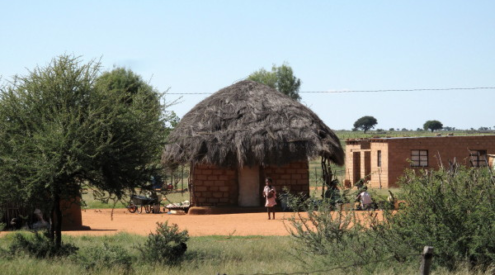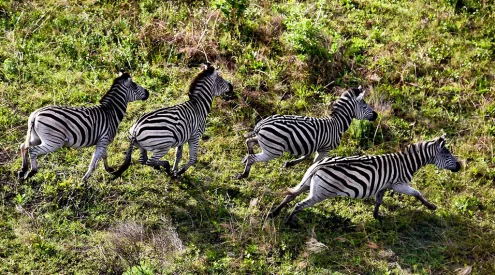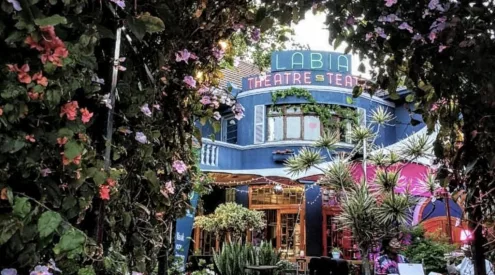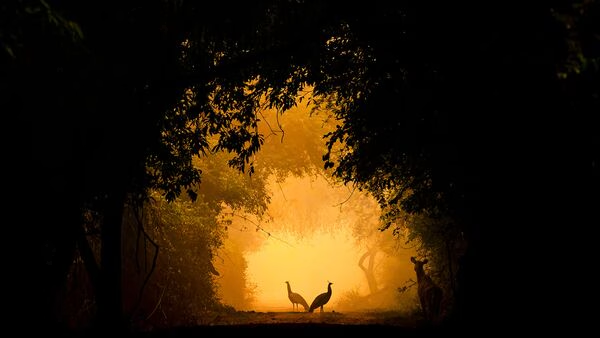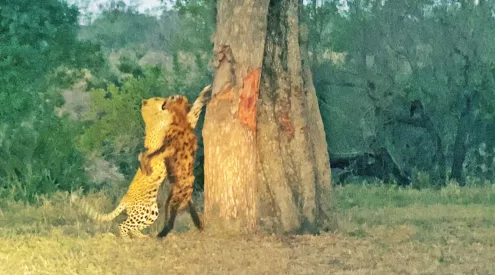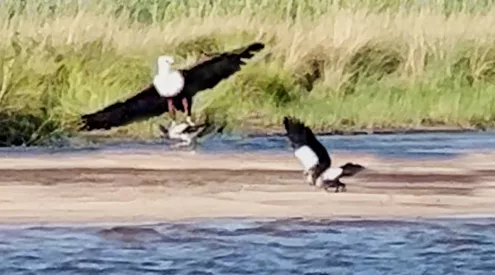The pangolin is one of South Africa’s rarest animals for a very sad reason indeed. These scaly mammals are known the world over as the most trafficked animal in the world.
In recent years, pangolins have been subjected to excessive poaching and hunting which has resulted in their critically endangered status.
The scales are used for traditional medicine in Asia, most notably in China. Their meat is also considered a delicacy across Asia but most prevalently in Vietnam.
There are no actual medicinal benefits that the scales contain. Keratin is the protein found in pangolin scales which is the same protein found in human finger nails.
In Africa there are four species of pangolin:
The white-bellied pangolin
The black-bellied pangolin
The giant pangolin
The Temminck’s pangolin
Pangolins are solitary, nocturnal animals that feed predominantly on ants. During the day, pangolins will sleep in burrows. They typically take up residency in an old aardvark or aardwolves burrows and rarely dig their own.
When frightened or threatened a pangolin will cover its head with its front legs. This exposes its scales, warding off a potential predator. If touched or grabbed, it will roll into a ball and can use its tail to lash at whatever has taken it.
There are four other species of pangolin found in Asia: Indian pangolin, Philippine pangolin, Sunda pangolin and the Chinese pangolin.
In 2016 a campaign highlighting the work done by Zimbabwe’s Pangolin Men showcased the plight of these animals and the work being done to protect them.
#Zimbabwe‘s Pangolin Men are dedicated to rehabilitating the world’s most trafficked mammal – the #pangolin! https://t.co/m8jV4lfSet #Africa pic.twitter.com/lK4JH0q2nW
— Beastly (@BarcroftAnimals) November 2, 2016
The Johannesburg Wildlife Veterinary Hospital is legendary for the work they do to help pangolins that have been rescued from trafficking. The IUCN Pangolin Specialist Group addresses the lack of global understanding about this species and are actively involved in conservation efforts.
According to the IUCN Pangolin Specialist Group and based on seizure data, between 2000 and 2019 the equivalent of more than 895,000 pangolins were trafficked globally.
Aside from illegal poaching and hunting, pangolins are faced with other threats. Habitat loss and degradation and electrocution on electric fences from land use changes have all contributed to the steep decline in the Asian and African pangolin population.
Pangolins are extremely peaceful animals and it would be a huge loss if they were to go extinct. With the coronavirus outbreak, a temporary ban has been placed on wildlife consumption on China. The city of Shenzhen announced that a law to ban the consumption and production of dog and cat meat has been passed. This will also include a number of wild animals.
Read: Shenzhen permanently bans dog, cat meat consumption.
This is a small victory for the species, as China is a major consumer of pangolin scales. Vietnam, another major consumer of pangolin meat, has followed in China’s footsteps and has drafted a wildlife trade ban, which should be finalised this month.
If you would like to learn more about this incredibly illusive, gentle creature, South African filmmakers Bruce Young and Johan Vermeulen travelled around Africa in search of the continent’s four pangolin species. You can watch this 45-minute film for free online at Pangolin.Africa.
Interesting pangolin facts:
– A baby pangolin is called a pangopup
– Pangolins are the only mammals to have protective scales covering their skin
– Pangolins live in hollow trees as well as burrows
– Some species of pangolin have a tongue that measures over 40 cm
– Pangolin can live up to the age of 45
Image: Melanie van Zyl



